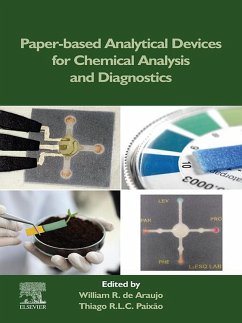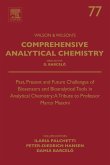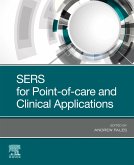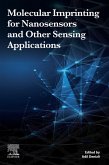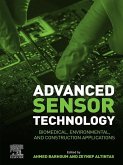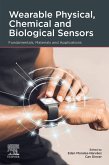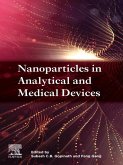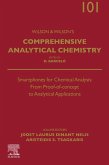Paper-Based Analytical Devices for Chemical Analysis and Diagnostics is a valuable source of information for those interested in microfluidics, bioanalytical devices, chemical instrumentation/mechanization, in-field analysis, and more. This book provides a critical review of the scientific and technological progress of paper-based devices, as well as future trends in the field of portable paper-based sensors for chemical analysis and diagnostics directly at point of need. It uniquely focuses on the analytical techniques associated with each type of device, providing a practical framework for any researcher to use while learning how to use new types of devices in their work, deciding which ones are best for their needs, developing new devices, or working toward commercialization.
- Reviews the evolution of this area and offers predictions for the future of the field of paper-based analytical devices
- Explores the analytical techniques used in development of paper-based devices
- Discusses challenges and shortcomings specific to each type of device, helping users and developers to avoid pitfalls
Dieser Download kann aus rechtlichen Gründen nur mit Rechnungsadresse in A, B, BG, CY, CZ, D, DK, EW, E, FIN, F, GR, HR, H, IRL, I, LT, L, LR, M, NL, PL, P, R, S, SLO, SK ausgeliefert werden.

